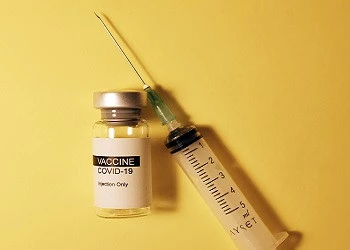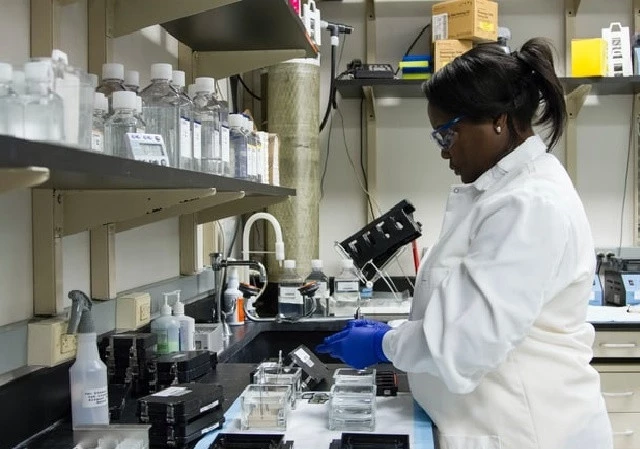Keeping tabs on pharma: Investors call for better vaccine access, Purdue mediation
Global investors call for more equitable vaccine access, Purdue’s case goes to mediation and new drugs for leukemia and peanut allergy
Add bookmark
Investors call for CEO pay to be linked to global vaccine access
International investors are calling for the salaries of pharmaceutical company CEOs to be linked to global vaccine access.
The group of investors, which includes asset managers, insurance companies and pension funds such as Boston Common Asset Management, Aegon and Achmea Investment Management, represent $US3.5 trillion in assets. The group’s 65 members have written to the boards of leading vaccine manufacturers AstraZeneca, Pfizer, Johnson & Johnson and Moderna, asking them to follow the World Health Organization's (WHO) roadmap for equitable vaccine distribution, and linking this to CEO's wages.
The WHO has welcomed the investors’ proposal. Since vaccine rollouts began wealthier nations have attracted criticism for ordering more vaccinations than than they need – such as Canada, who in 2021 drew fire after ordering three times more doses than it needed to vaccinate its population. Meanwhile across Africa vaccination rates are averaging around 10 percent of the population.
Frank Wagemans, senior engagement specialist at Achmea Investment Management, commented: "With over 65 institutional investors we call upon vaccine manufacturers to integrate the WHO roadmap to vaccinate the world in their executive remuneration. Important to mention is that this letter is not and end-point, but a starting point for engagement with the companies toward the votes at the upcoming annual shareholder meetings."
Judge orders mediation for Purdue bankruptcy case over opioid settlement
A US judge has ordered mediation in the Purdue Pharma bankruptcy case. Under the new order Purdue along with owners the Sackler family and nine US states must decide whether they can reach a litigation settlement by January 14.
This follows the rejection of a previous deal in December 2021 that gave the Sacklers protection against future lawsuits in exchange for paying $4.5bn towards Purdue’s plan to direct money to opioid abatement programs.
If the parties do not reach an agreement, the mediation will end and an appeal by Purdue against the previous deal's rejection will continue.
Purdue filed for bankruptcy in 2019 after thousands of lawsuits were launched accusing the company and the Sackler family of fueling the opioid epidemic through misrepresenting the addiction risks of OxyContin.
New treatment for acute myeloid leukemia
The European Commission (EC) has granted orphan-drug designation (ODD) to the fixed dose combination of decitabine and cedazuridine to treat acute myeloid leukemia (AML).
The drug combination, named ASTX727, is produced by Astex Pharmaceuticals, a subsidiary of Tokyo-based Otsuka Pharmaceutical Co. Ltd. The new ODD classification grants Astex 10 years of market exclusivity once the product is approved to incentivize its development.
AML is the most common type of acute leukemia in adults. ASTX727 is orally administered, and approved for use in the US and Canada under the brand name INQOVI.
Commenting on the EC's classification, Harold Keer MD, chief medical officer of Astex, said: “AML continues to be a challenging disease area with high rates of relapse and low rates of five-year survival. The disease has a higher incidence rate in people aged over 60 years, which presents an important challenge as the population ages. The granting of ODD signifies that ASTX727 is considered to be a medicine that may potentially benefit those affected by this rare life-threatening condition.”
Also in the news
- The US Food and Drug Administration (FDA) approved 55 new drugs in 2021 despite the Covid-19 pandemic.
- The first ever treatment for peanut allergy is to be offered to children in Europe for the first time. The roll-out of oral medication Palforzia will begin in England.
- Eight of the top 10 university spinout companies in the UK are in the pharma and biotech sectors, according to a new report. Top of the list with the most emerging companies are the universities of Oxford, Cambridge and Imperial College London.























